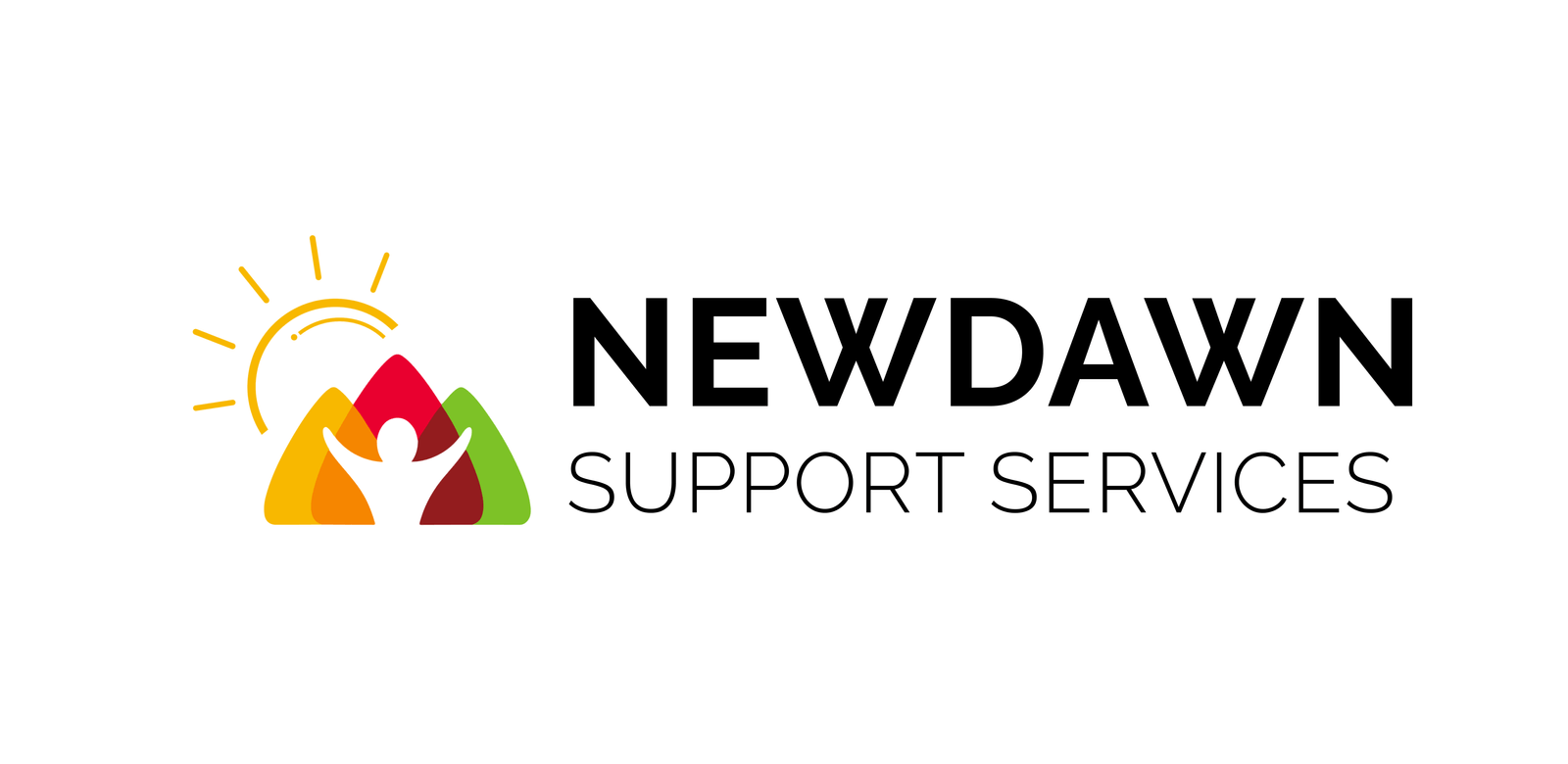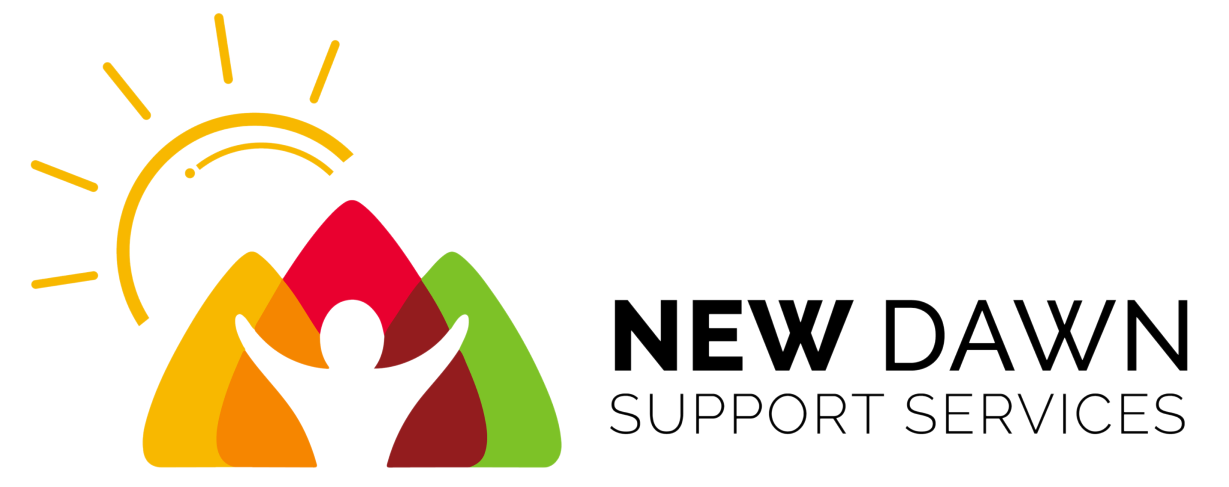- Cranbourne, Australia
- 0359980717
- contact@newdawnsupportservices.com.au

June 22, 2023
The National Disability Insurance Scheme (NDIS): Empowering Lives, Embracing Inclusion
In a society that strives for equality and inclusivity, it is crucial to provide support and opportunities for individuals with disabilities. In Australia, the National Disability Insurance Scheme (NDIS) has emerged as a transformative initiative, revolutionizing the way disability services are funded and delivered. Since its introduction in 2013, the NDIS has played a pivotal role in empowering the lives of people with disabilities and promoting social inclusion. This blog explores the key features, benefits, and challenges of the NDIS, highlighting its profound impact on individuals, families, and the community as a whole.
Understanding the NDIS
The NDIS is a national scheme designed to provide individualized support to people with permanent and significant disabilities. Its primary objective is to assist participants in achieving their goals, enhancing their independence, and fostering their social and economic participation. The scheme operates under the fundamental principle that people with disabilities should have choice and control over the supports they receive, as well as the ability to determine how they want to live their lives.
- Individualized Support: One of the most significant advantages of the NDIS is its focus on tailoring supports to meet the unique needs and goals of each participant. Through a person-centered approach, individuals are empowered to make decisions about the services and providers they prefer, enabling greater autonomy and control over their lives.
- Increased Access to Services: The NDIS provides eligible individuals with access to a wide range of services and supports, including healthcare, therapy, assistive technology, personal care, and employment assistance. This comprehensive coverage ensures that participants have the necessary resources to maximize their potential and improve their quality of life.
- Early Intervention: Recognizing the importance of early intervention in optimizing outcomes for individuals with disabilities, the NDIS places a strong emphasis on supporting children and their families during the critical developmental stages. By addressing needs and providing necessary interventions early on, the scheme aims to minimize potential challenges and foster positive long-term outcomes.
- Choice and Control: With the NDIS, participants have the freedom to choose their service providers, ensuring that the supports they receive align with their preferences, values, and cultural background. This choice and control enable individuals to actively shape their support networks and build relationships based on trust and compatibility.
- Community Engagement: The NDIS not only focuses on individual outcomes but also strives to create inclusive communities that value diversity and embrace people of all abilities. By fostering community engagement and participation, the scheme promotes social cohesion, reduces stigma, and challenges societal barriers that hinder the full inclusion of people with disabilities.


Challenges and Future Directions
Challenges and Future Directions
While the NDIS has undoubtedly brought about positive change, it is not without its challenges. Some of the key areas that require ongoing attention and improvement include:
- Accessibility and Equity: Ensuring equitable access to the NDIS for all eligible individuals, including those from culturally diverse backgrounds and remote areas, remains a priority. Efforts to address disparities and enhance accessibility need to be sustained to achieve true inclusive.
- Workforce Capacity: Meeting the increasing demand for disability services requires a skilled and diverse workforce. Continual investment in training, professional development, and recruitment is essential to build a robust workforce capable of providing high-quality support.
- Streamlining Processes: Simplifying administrative processes and reducing bureaucracy within the NDIS is crucial to enhance the participant experience and optimize the scheme’s efficiency. Continued efforts to streamline assessment, planning, and funding processes will contribute to better outcomes for participants.

